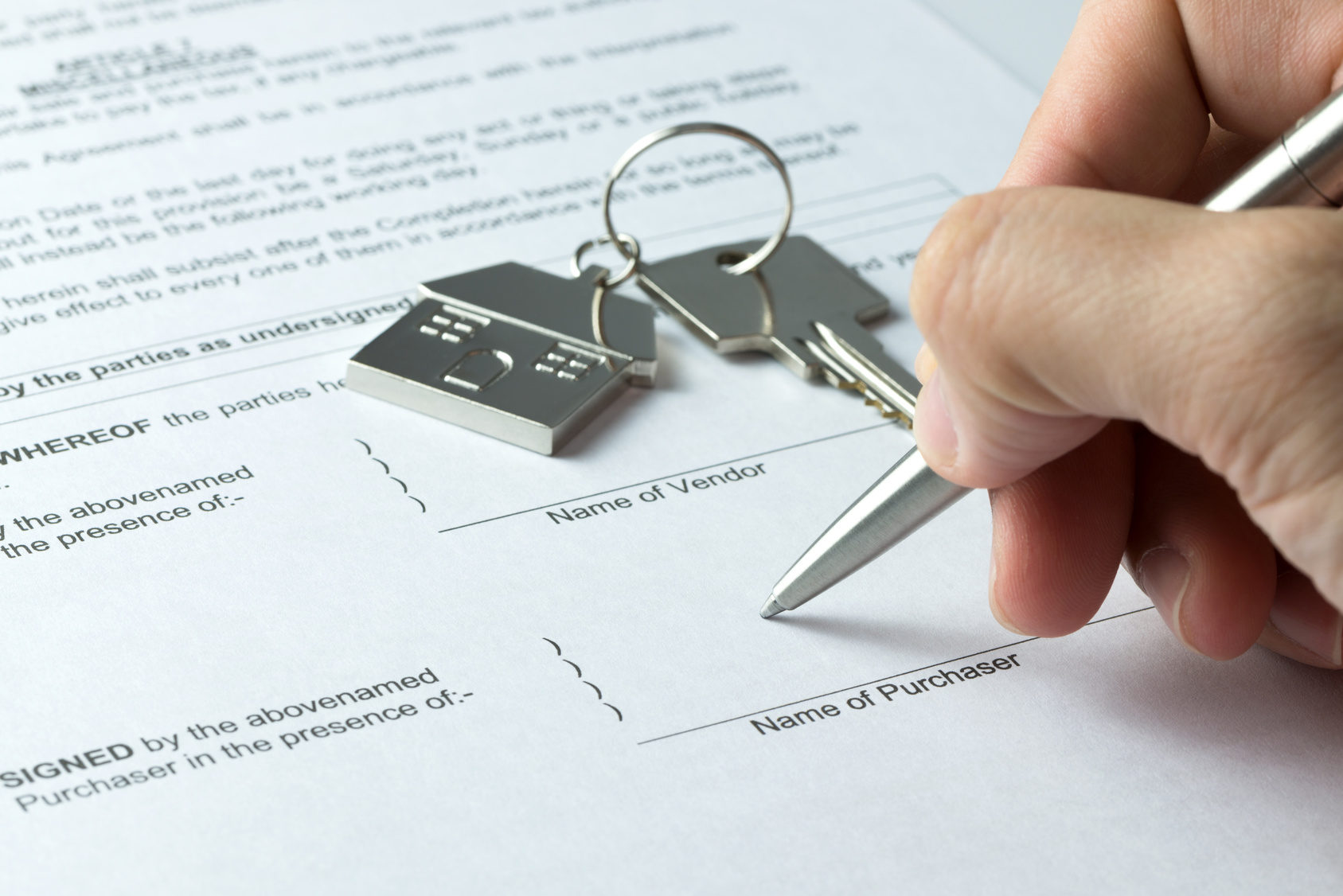Due to the unique situation of each person, there is no black and white solution for each personal injury case. But there is a basis in which each case would follow provide an idea of what to expect.

Here you can get an idea of what to expect when filing for a personal injury lawsuit.
At the law offices of Berry K. Tucker & Associates, Ltd., our personal injury attorneys take a professional approach to the situation. We combine the right information with years of experience and knowledge of current law in order to provide the most effective solution for the client.
Our process of personal injury cases goes as follows:
- Consultation with an attorney
- Personal injury case investigation
- Demand for settlement
- Filing a personal injury lawsuit
- Discovery phase of the case
- Mediation
- Trial
- Appeal
1. Initial Consultation with an Attorney
Immediately after an accident, you should reach out to a personal injury attorney about the details of your case, including:
- Whether the other party was negligent
- If there is a defendant from whom to receive compensation
- The severity and extent of your injuries
- Your legal options
- Your medical expenses
Feel free to ask any questions during the initial consultation with Berry K. Tucker & Associates, Ltd.
2. Personal Injury Case Investigation
If you retain counsel, one of our attorneys will investigate the details of your case, including all details about the accident scene, photographs, police reports, witness testimony, medical bills and records, employment history and earning power, as well as other details that are important to your case.
They may also work with accident reconstruction experts, medical professionals, or other professionals involved in your case. They will also look into the defense of the other party to determine their liability.
For many cases involving car accidents, we will need to research the vehicle’s information, including its condition before the crash as well as the condition of the road. If there was any video footage of your vehicle or even of the crash, it will be found as well.
Finally, additional witnesses of the accident may also be contacted in order to obtain statements. But your attorney should keep you informed at all times regarding the details of your case as well as be responsive to your legal questions.
3. Demand for Settlement
This step will demand a settlement that will include the letter outlining your case. This will include the liabilities and damages that highlight the following:
- Injuries
- Medical bills
- Lost wages
- Pain and suffering
- Loss of life’s enjoyment
- Future medical care and expenses
This demand letter will be reviewed by the defendant, be it an individual, business, or insurance company in which they will either reject, counteroffer, or accept it. As this letter is often the most important step in starting the case, ensuring that it includes all details is crucial.
4. Filing a Personal Injury Lawsuit
If your case cannot be settled without taking legal action, one of our attorneys will work with you to file a personal injury lawsuit seeking compensation for your injuries.
5. Discovery Phase of the Case
Before going to trial, the other party will need time to gather evidence and determine the nature of both sides of the case. Keep in mind that it’s not only using the right information during this time, but how it’s done.
When the time is right, Berry K. Tucker & Associates, Ltd. will work aggressively in order to gather the necessary information for the case.
6. Mediation
Before filing the lawsuit, it is possible that a mediator will schedule a session in which you and the opposing party can reach an agreement to prevent going to trial. But keep in mind that the actions taken during this session can significantly impact one’s case, so it’s important to work with a trained and experienced attorney.
At Berry K. Tucker & Associates, Ltd., our attorneys have over 50 years of combined legal experience, including handling negotiations. These experiences have allowed us to win numerous high-value cases in order to provide the solution that served in our clients’ best interests.
7. Trial
If an agreement was still unable to be made, the next step in this case would be to go to trial. During this process, the jury will review the facts, determine the fault, and then award the damages.
8. Appeal
Depending on the proceedings, the opposing party may appeal the case. Known as an appellate process, this will usually proceed differently than the normal trial process. But it’s helpful to work with experienced appellate practitioners to assist with these cases.
Work with an Experienced Attorney

Berry Tucker has years of experience with personal injury cases. Be sure to ask him how he can help you get the compensation you deserve.
Personal injury cases are definitely no walk in the park. Especially when filing a lawsuit, working with an experienced attorney who has negotiated during both mediation and trial will be critical. It’s also important to ask the right questions during the consultation to get an idea of what will be done when working on your case.
If you live near the Oak Lawn, IL area, don’t hesitate to contact the law offices of Berry K. Tucker & Associates, Ltd. Our personal injury attorneys are not only experienced in handling numerous cases, but we will provide a consultation to discuss your case as well as what will be done in order to obtain the compensation that you deserve. We will then work with you throughout your case, negotiating with the other party in order to reach a solution that works in your best interest.
To speak with one of our attorneys, contact Berry K. Tucker & Associates, Ltd. at (708) 425-9530.







